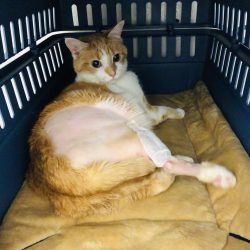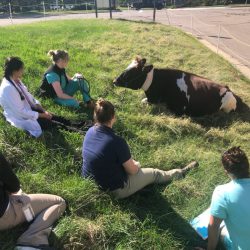By Dana Stewart, DVM Class of 2020
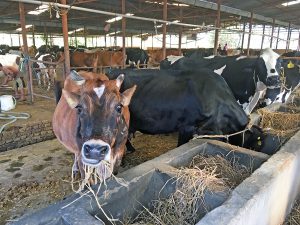
My name is Dana Stewart, and I am a fourth-year veterinary medical and Master of Public Health student at the Michigan State University College of Veterinary Medicine. My primary career interest is in the study and prevention of transboundary animal diseases; these are highly contagious or transmissible diseases that have the potential for rapid spread across national borders and can cause serious socioeconomic and public health consequences. To work in this career field, it is important that I understand the One Health approach to veterinary medicine and gain an international perspective on public health. I chose MSU’s One Health study abroad program in Nepal because it focuses on the interconnectedness of people, animals, and the environment. It also provided a case study of current public health issues and programs in a resource-limited country.
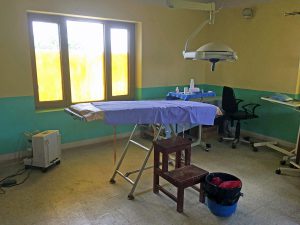
This three-week program was structured around a combination of lectures and field trips. The beginning of the trip was more human health-focused, as much of Nepal’s public health initiatives have focused on the improvement of infant and maternal health and the increase in accessibility to healthcare in rural communities. We had the opportunity to visit university- and government-run hospitals, as well as rural health clinics. We also were able to meet local communities to learn how they worked to improve their food security and how women fought to achieve greater independence through local microfinance initiatives.
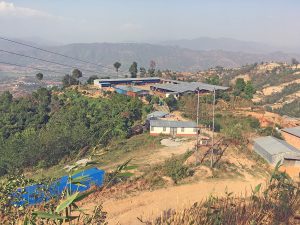
The middle part of our trip was focused on livestock and veterinary medicine. We visited the Nepal Agriculture and Forestry University and toured university and private farms. We learned about current research and practices that are aimed at the improvement of production and sustainability for small farms. What was most interesting to me about this was the dynamic role religion plays within agricultural practices. Additionally, we saw how the common practice of community-owned “stray dogs” brings significant disease risk and how the veterinary community works to reduce rabies exposures.
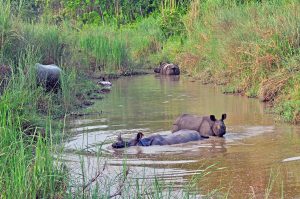
In the final part of the trip, we learned about current wildlife and environmental conservation efforts in Chitwan National Park. We went on several safaris and learned how park rangers work with local communities to manage human-wildlife encounters. In addition, we discovered how Nepal has successfully eliminated poaching and witnessed how it has used ecotourism to fund conservation efforts and support local communities.
This study abroad experience was a once-in-a-lifetime opportunity for me to learn about international public health practices. While the experiences described above were by themselves rare and beneficial, the most valuable part of the trip was the final project. This project required that I apply everything I had learned about Nepal to understand the disease status and make risk mitigation proposals to reduce scrub typhus infections within Nepal.

Not only did I have to consider human, animal, and environmental factors, but also culture, resource availability, and sustainability. This exercise provided crucial experience in critical thinking in an international context, and will serve me well in my future career as I work with international stakeholders on transboundary diseases.

